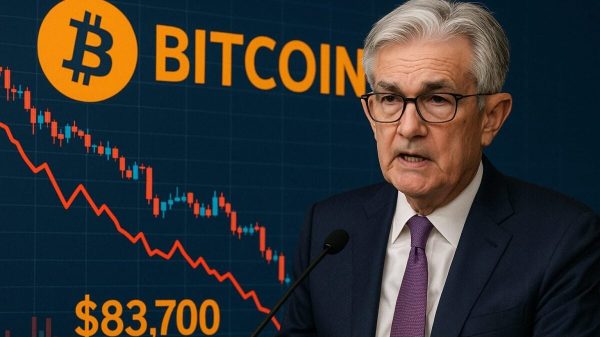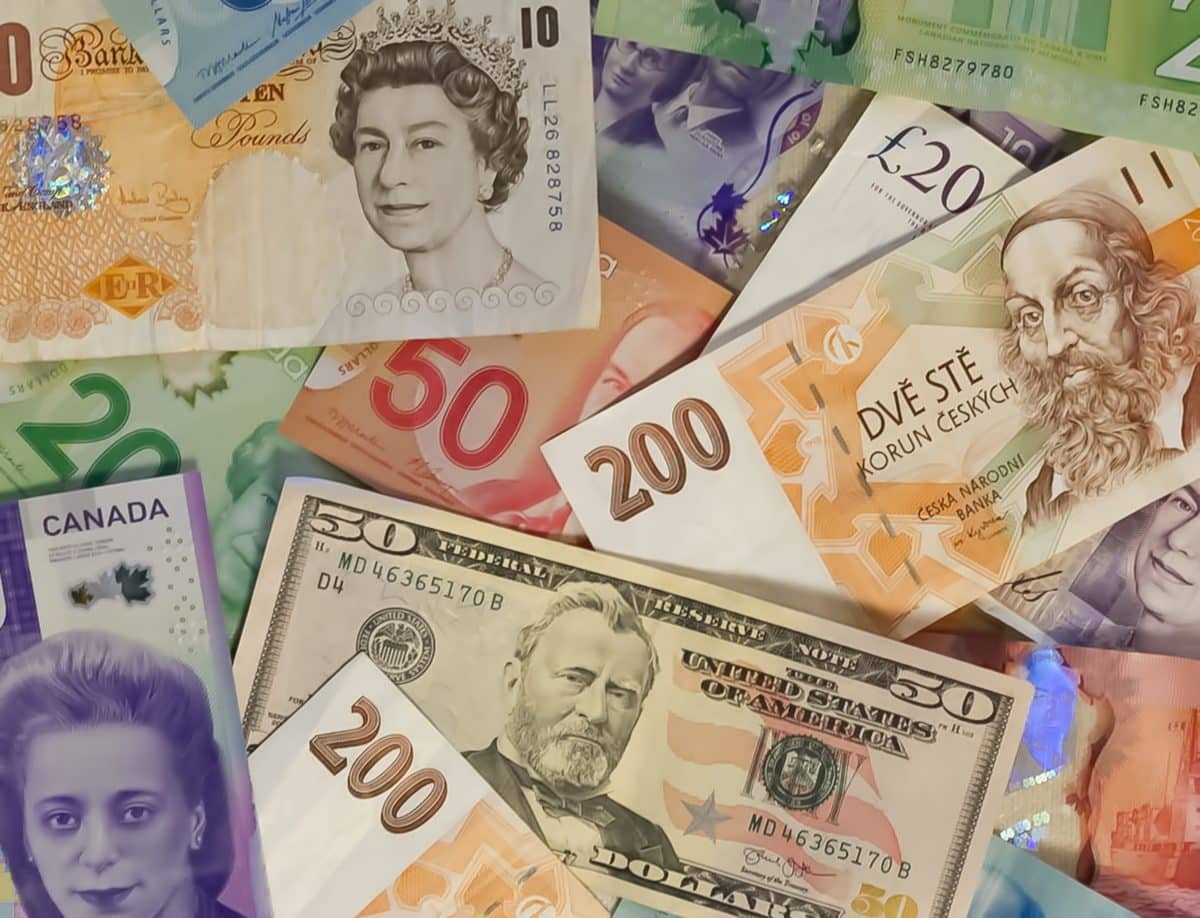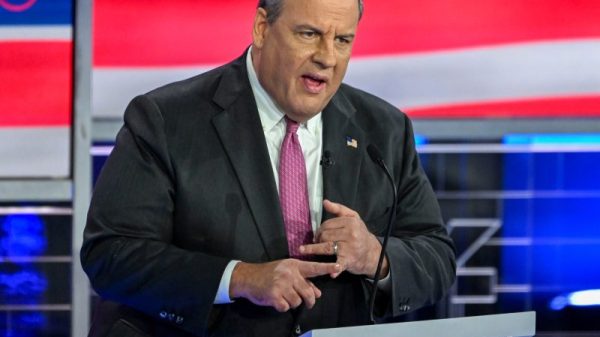Pound Dollar Prediction: Navigating the Currency Market
The global currency markets have been on a rollercoaster ride this week, with the pound dollar prediction taking centre stage. Sterling is facing its most significant weekly fall against the yen in a year, triggered by a surge in cash flow into the Japanese currency following hints of a long-awaited change in Tokyo’s monetary policy. Simultaneously, the pound is poised for its worst weekly performance against the dollar in a month. However, amidst this turbulence, the sterling remains resilient against the euro. Let’s delve into the intricacies of this currency market rollercoaster.
The Week’s Dominant Force – Rate Expectations
The week’s currency market dynamics have been dominated by rate expectations, particularly those revolving around the Japanese interest rate outlook. The yen, riding high on these expectations, has experienced a notable surge against higher-yielding currencies such as the pound and the New Zealand dollar. The ongoing speculation surrounding Japan’s monetary policy has intensified the pound’s struggle against the yen, marking a weekly decline of 2.8%, its most significant fall in a year.
US Employment Report Looms Large
As the week unfolds, market participants are keeping a keen eye on the upcoming monthly U.S. employment report, slated for release on Friday. Anticipated to reveal the addition of 180,000 workers to non-farm payrolls in November, this report is poised to be the next significant risk event for currency markets. The outcome could potentially further impact the pound to dollar forecast, adding another layer of complexity to an already intricate market scenario.
On Friday, the euro faced a decline following the release of data indicating a stronger-than-expected job growth in the U.S. for November. This development diminished the likelihood of an early-year rate cut. The euro’s value decreased by 0.5%, settling at $1.0742. Before the job reports, it had been trading around $1.07715, marking one of its lowest points in three weeks.
Simultaneously, the benchmark 10-year German yields experienced a notable increase of 9 basis points throughout the day, reaching 2.279%, up from the pre-data rate of 2.244%. In the realm of regional stocks, the STOXX 600 (.STOXX) showed a modest uptick of 0.2%, albeit slightly lower than the initial 0.3% rise recorded earlier. This interplay of currency dynamics, bond yields, and stock performance reflects the intricate dance of global financial markets in response to economic data shifts. According to the U.S. Labor Department’s recent report, non-farm payrolls experienced a notable surge in November, recording a growth of 199,000 jobs. This figure exceeded earlier forecasts, which anticipated an increase of 180,000 jobs and marked a significant improvement from the previous reading of 150,000 jobs.
Bank of England’s Delicate Balancing Act
With the Bank of England (BoE) scheduled to meet next week for discussions on monetary policy, traders are on high alert. While no changes to interest rates are expected, the focus will shift to the BoE’s stance on the outlook for growth and inflation. Analysts suggest that the BoE’s series of rate rises might be impacting consumers and businesses. Any indication of a lower revision to the path of UK rates could result in prolonged sterling weakness, shaping the market sentiment for the foreseeable future.
Pound’s Performance Amid Global Economic Dynamics
The pound’s performance against the dollar this year has been noteworthy, securing its position as the G10 second-strongest performing currency. With a gain of 3.9%, the sterling has outpaced many other major currencies. However, this strength is not solely a testament to demand for the pound; rather, it is influenced by the broader weakness of the dollar. As we navigate the volatile terrain of global risk and rates, conventional metrics will likely determine the pound’s trajectory.
Unraveling Sterling’s Quarterly Performance
Taking a closer look at the sterling’s quarterly performance, it becomes evident that its strength against the dollar is, in part, a function of dollar weakness rather than inherent pound strength. Against European currencies, the pound remains relatively flat against the euro in the fourth quarter, showcasing stability. Meanwhile, it has gained just over 1% against the Swiss franc and the Swedish crown. Notably, the pound has experienced a 4% gain against the Norwegian crown, largely attributed to falling oil prices undermining Norway’s economy.
Navigating the Future – Pound Dollar Prediction Unveiled
As the week concludes and the market braces for the unfolding events, the pound dollar prediction remains at the forefront of investors’ minds. The delicate balance of global economic dynamics, coupled with central bank decisions, will undoubtedly shape the pound’s trajectory in the coming weeks. Whether it’s the potential for earlier rate cuts or the impact of the U.S. employment report, the currency market rollercoaster is far from over. In this intricate dance of currencies, one thing is certain – the pound’s journey against the dollar is a fascinating and unpredictable ride.
The post Pound Dollar Prediction: Navigating the Currency Market appeared first on FinanceBrokerage.

































